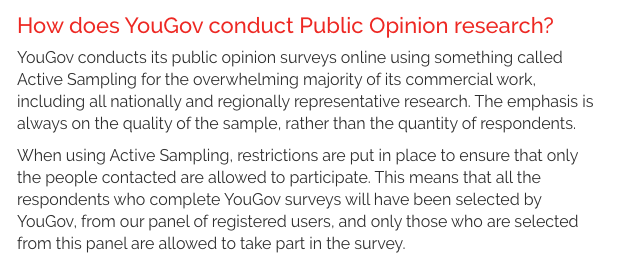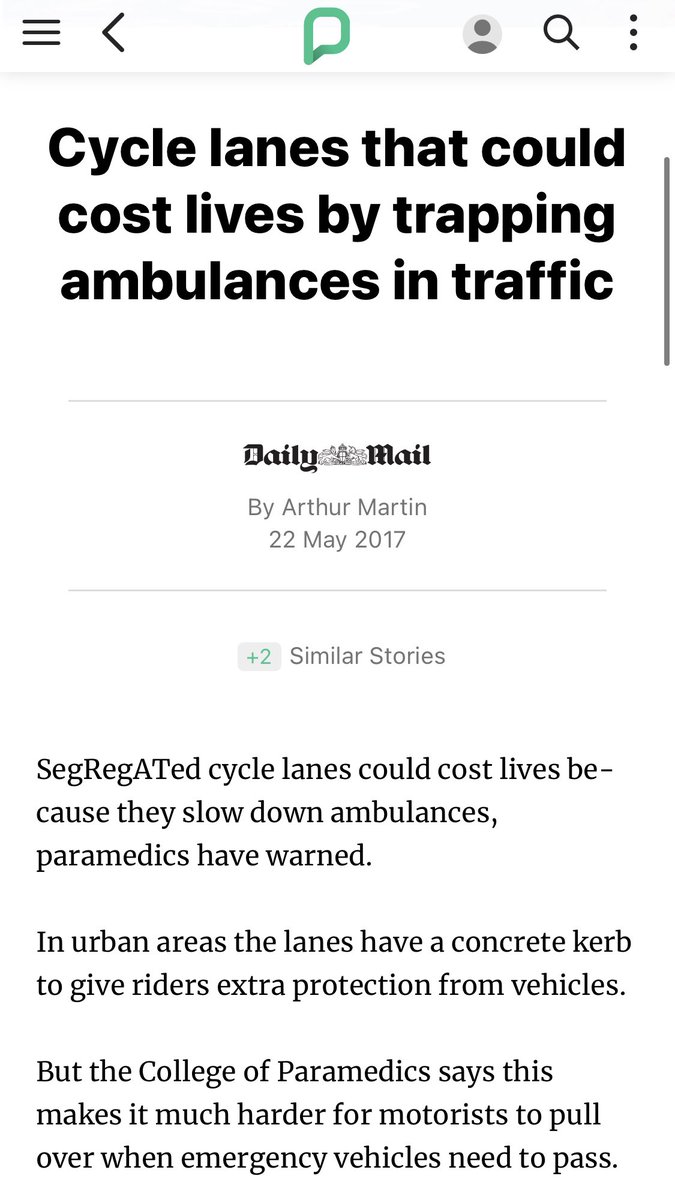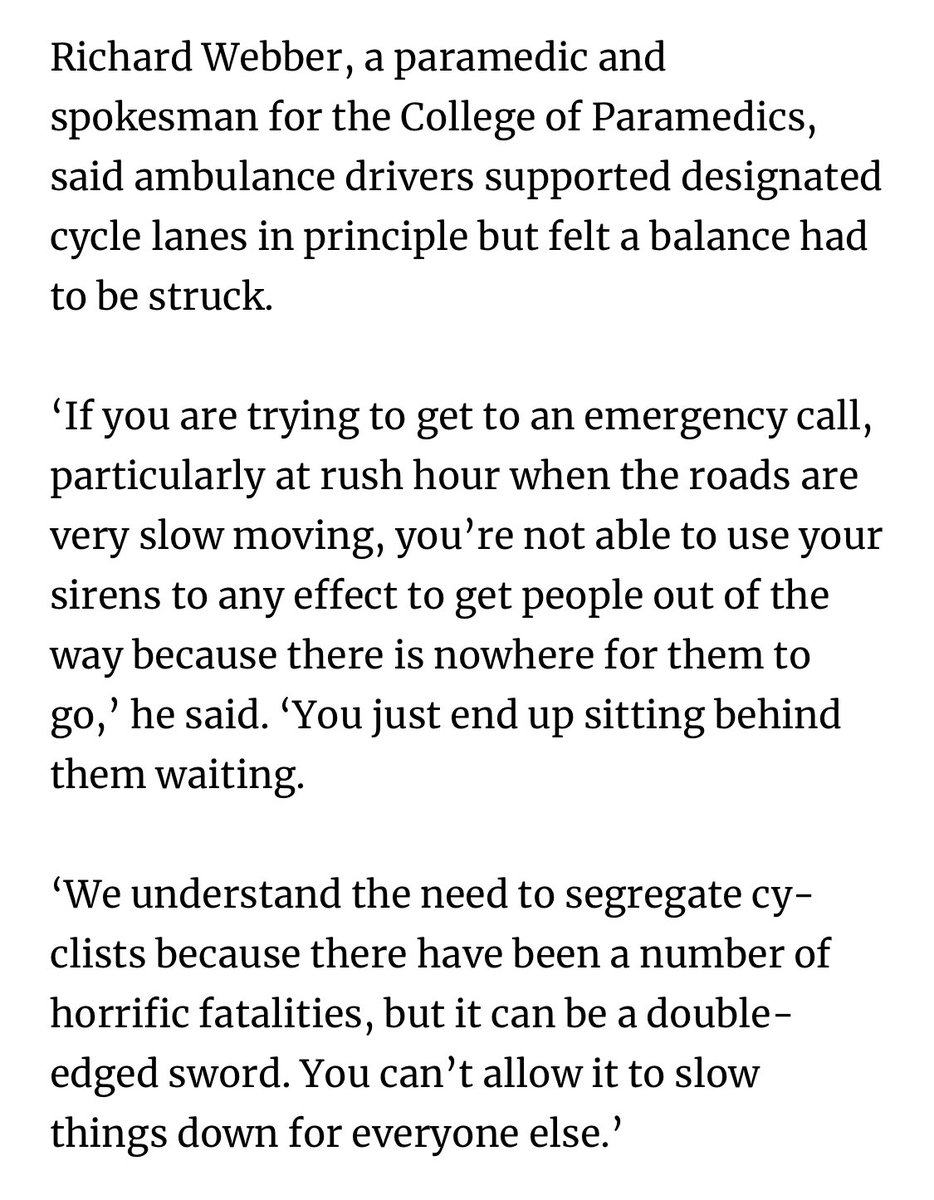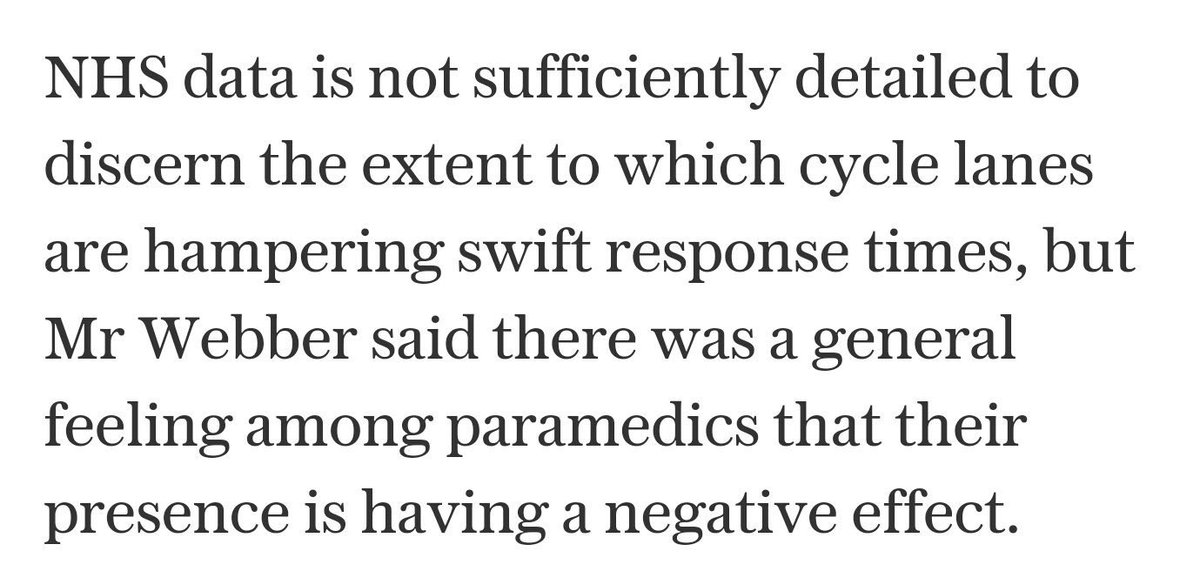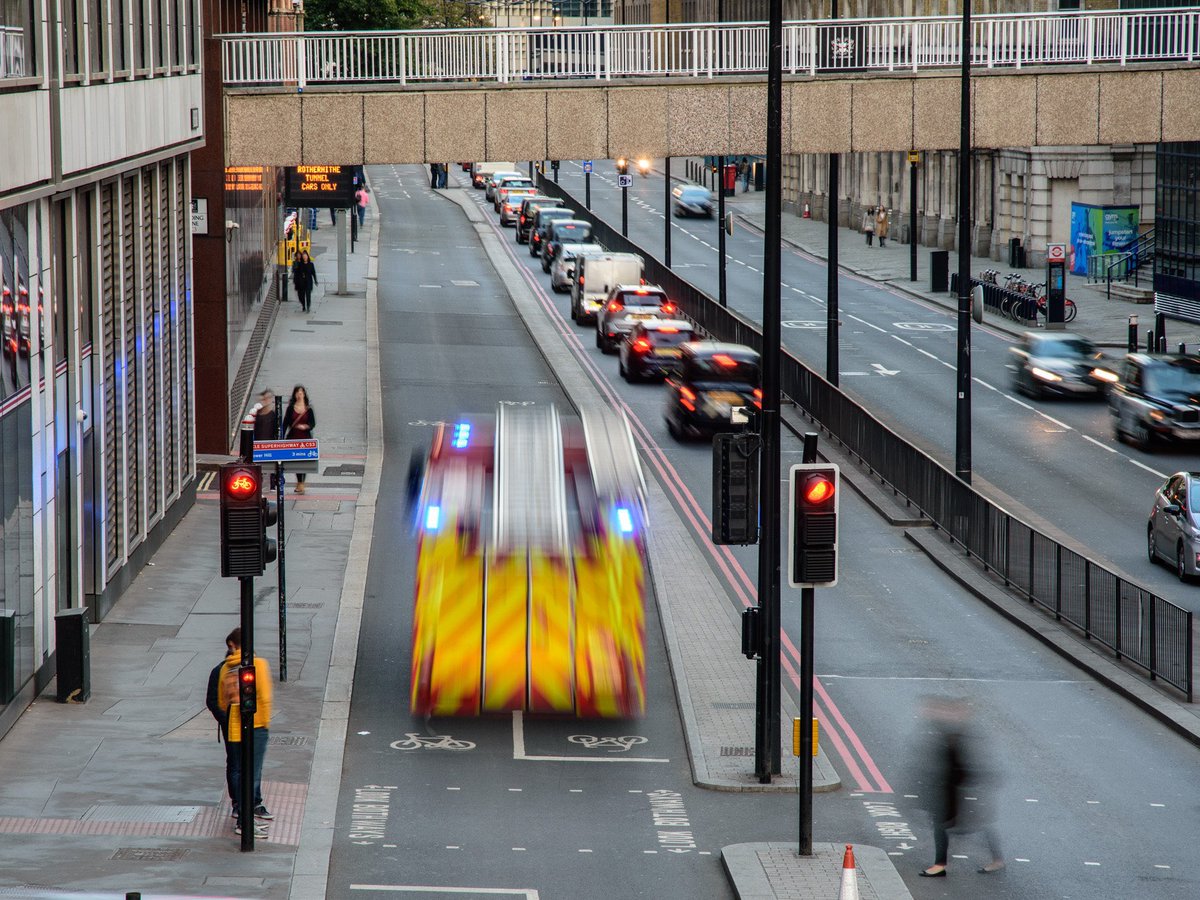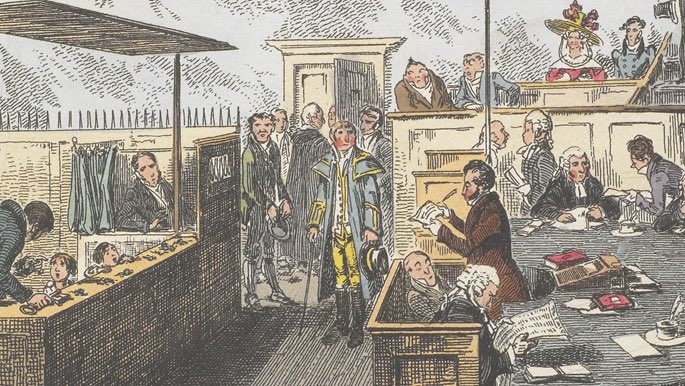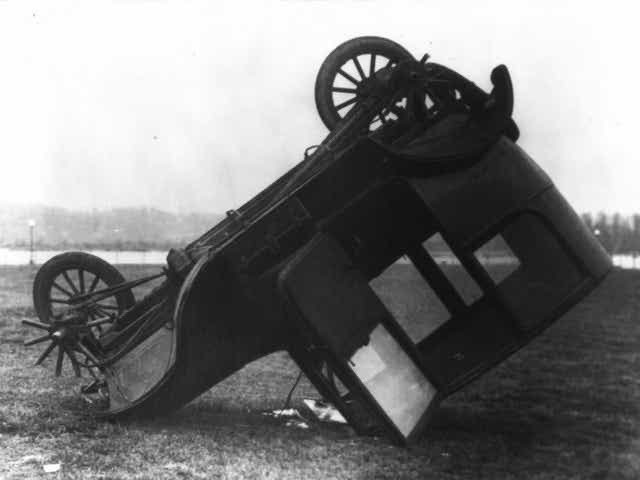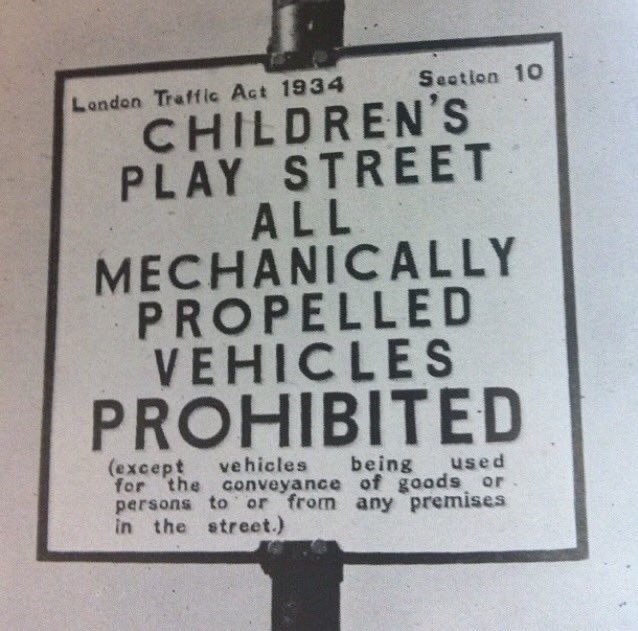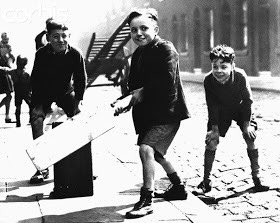
This is the BBC's Environment Correspondent describing a video, widely shared by troll accounts, of a man shouting and swearing near families in a residential street as "brilliant".
This led to a one-sided piece on LTNs which was devoid of any fact-checking.
THREAD (1/18) 👇


This led to a one-sided piece on LTNs which was devoid of any fact-checking.
THREAD (1/18) 👇



I won't share the BBC video. I don't want to give it any more oxygen and reward the clickbait nature. If you really want to see it, you'll find it.
If you must watch the shouting man video, to see why this is inappropriate to be describing as "brilliant", it's here.
(2/18)
If you must watch the shouting man video, to see why this is inappropriate to be describing as "brilliant", it's here.
(2/18)
The report didn't mention the widely available data of LTNs, instead focusing on anecdotes and uncorroborated video clips - including one which seemed to use the Sarah Everard case to inflame the LTN debate; when in fact, the evidence shows crime reduction in LTNs.
(3/18)
(3/18)
We know that all resident addresses are accessible in LTNs, but a slightly longer drive around may be necessary. This is undisputable fact. None of this is mentioned in a clip that aims to conflate a horrific murder with safe street interventions.
(4/18)
(4/18)

Several people who were are supportive of safer streets who spoke to the journalist felt misrepresented and that the outcome of the piece was already decided. Here are tweets from @MarkEccleston1 and @SpacePootler confirming this.
(5/18)


(5/18)



Fuelling culture wars is a strategy of some, but it's not what you'd expect from the BBC.
It's certainly not what you'd expect from the journalist who "reports from the front line of climate change and how it’s going to affect our lives and what we can do about it."
(6/18)
It's certainly not what you'd expect from the journalist who "reports from the front line of climate change and how it’s going to affect our lives and what we can do about it."
(6/18)
Even the title that's shown is optimised for clickbaiting; playing off between Culture Wars or Air Strikes to see which is has the best click-through rate in some sort of sick and distasteful A-B test.
(7/18)
(7/18)

I understand that the BBC *did* speak to experts who have data on the subject, but this was not included.
Instead, crimes such as death threats + vandalism are presented over jovial backing music, undermining the seriousness of offences against people like @jonburkeUK.
(8/18)
Instead, crimes such as death threats + vandalism are presented over jovial backing music, undermining the seriousness of offences against people like @jonburkeUK.
(8/18)
The war on the motorist is a line you'd expect from the Daily Mail, perhaps, but the BBC continues with the trope that these are "cash cows". It's worth adding these cameras were put in after scaremongering over emergency access. Damned if you do, damned if you don't. (9/18) 

If you thought it couldn't get any worse, as a bonus, the film features clips clearly shot from a handheld mobile phone while in control of a motor vehicles, which is illegal.
(10/18)
(10/18)

What could the BBC have done instead on LTNs, given it is an important topic for people?
They could have interwoven personal experiences from both sides with facts and insights, such as the fact crime has dropped in LTN areas and boundary roads aren't showing increases.
(11/18)
They could have interwoven personal experiences from both sides with facts and insights, such as the fact crime has dropped in LTN areas and boundary roads aren't showing increases.
(11/18)
They could report on the climate emergency sensibly. Climate change is not a myth. Part of the responsibility in reporting on the climate crisis is to be honest with the changes that we need to make, as Justin Rowlatt says in his own bio.
(12/18)
(12/18)

The video is promoted on the BBC homepage alongside a video on COVID misinformation. It's interesting that we're worried about misinformation in what crisis, but not another.
Imagine a piece on vaccines that gave weight to people who don't think that Coronavirus exists.
(13/18)
Imagine a piece on vaccines that gave weight to people who don't think that Coronavirus exists.
(13/18)

Because of this, cycling and wanting safer streets just became a little bit more unpleasant and unacceptable behaviour normalised (and glamourised).
I am tired, but we go on. We have, at least, many politicians who know that we have big challenges ahead and are up to it. (14/18)
I am tired, but we go on. We have, at least, many politicians who know that we have big challenges ahead and are up to it. (14/18)
If you're reading this and are interested in evidence or facts, you could look here on LTNs and deprivation: theguardian.com/environment/20…
(15/18)
(15/18)
Or here for actual data (rather than a shouting man) from Islington: islington.gov.uk/~/media/sharep…
Via @RichardWatts01
(16/18)
Via @RichardWatts01
(16/18)
Or data from Lambeth:
Via @clairekholland
(17/18)
https://twitter.com/clairekholland/status/1367060486282436610
Via @clairekholland
(17/18)
Or, of course, you could just ask some angry people in the street if they'd like to be able to drive everywhere they like, or not. And then see if people click it.
Ends.
(18/18)
Ends.
(18/18)
• • •
Missing some Tweet in this thread? You can try to
force a refresh




